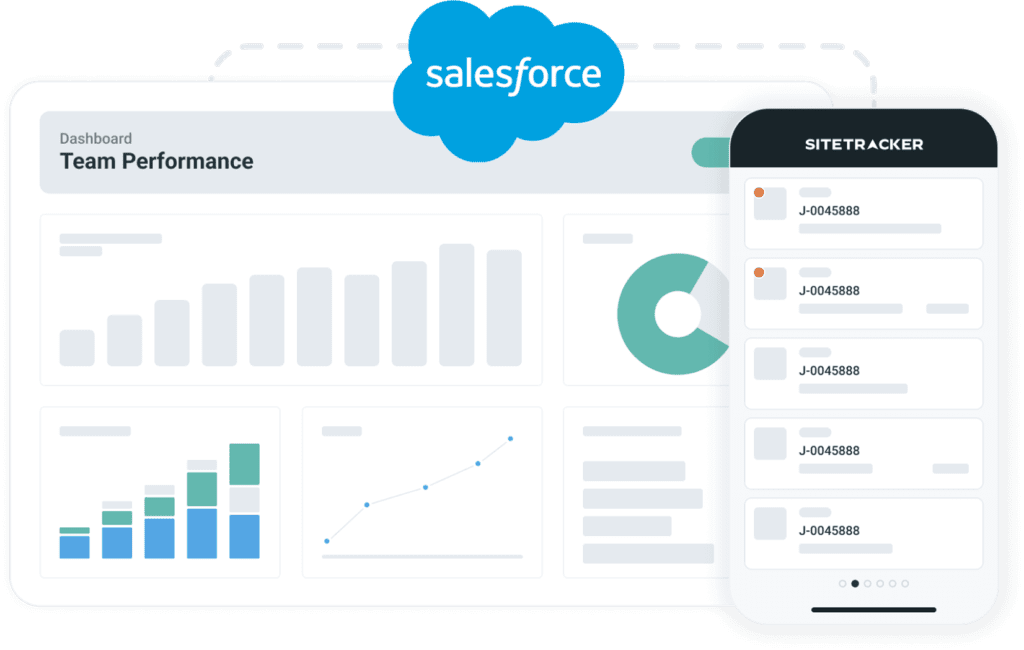The pandemic brought with it a number of changes that have affected global markets and changed operations in most industries. With lockdowns imposed, customers moved from offline shopping to digital marketplaces to find relevant products to meet their needs. While many industries were already in the online shopping space, others had to rapidly adopt effective e-commerce strategies to stay on par with the competition.
A recent report by Salesforce showed that 56% of companies estimate the majority of their revenue to come from digital channels. What this means for companies that haven’t mapped out a digital commerce strategy yet is that they must act fast to stay relevant. With the customer’s dynamic demands in today’s rapidly growing markets, customer expectations are also changing. In fact, the digital customer experience has now taken over as the biggest differentiator.
Now that the importance of adopting digital commerce for better ROI is increasing, C-class professionals in companies must take a call on a very important decision Should we build or buy an e-commerce platform to cater to the needs of our customer base?
What is the ideal solution?
Today, a good e-commerce platform is the basis of a strong business. While 71% of customers feel frustrated when the shopping experience is not personal, a customizable e-commerce platform is the only way out. Buyers today are looking for a good design, interactive elements, faster customer support, and engaging content to make clearer purchase decisions.
So what do you do? Do you buy an e-commerce platform with these capabilities or find a way to build a personalised one to fit your needs and demands? While the bad news is that you can’t pick one, the good news is that you don’t have to! An ideal solution in such cases depends completely on the organisation’s needs, the product that you have to offer, and the target audience that you are aiming for.
Consider the features and capabilities that you need
To make an informed decision, you must have a plan jotted down for better clarity. Here is a list of capabilities that you can keep in mind while opting for the right e-commerce platform to suit your business needs
- Better scalability
- Omnichannel capabilities to reach out to larger audiences
- Effective marketing tools
- Smart platform for easy usage
- Customizable to your dynamic business needs
- Mobile-friendly for easier access
- Better collaboration across multiple geo-locations from a single point
- Simple and fast customer support
Leverage the power of Salesforce Commerce Cloud (SFCC) to boost e-commerce capabilities
Salesforce Commerce Cloud comes with a number of effective features that can help you boost your e-commerce strategies. Here are a few that your business can benefit from
- Digital Commerce Cloud: SFCC enables you to create a top-class, interactive, and responsive website with all the essential tools and mobile frameworks. Using this feature, businesses can present their storefront online on a plethora of social media platforms to reach their expected target audience.
Additionally, this feature also helps you improve search functions, mobile payment options, and the cart abandonment metric. Coupled with the benefits of establishing an interactive online store, it also gives you the option to build your own mobile app to enhance the customer experience across multiple channels.
- Commerce Portal: This feature essentially helps businesses track customer behaviour across multiple channels online and assign relevant loyalty points to improve customer retention. It also helps your marketing teams work closely to curate targeted content for each customer segment. SFCC helps you do this by enabling you to send out customised newsletters, emails, and other social media platforms.
- Easy-to-use Templates: With the pre-made wireframes and in-built technologies of the SFCC, businesses get a chance to build personalised websites for their brand to reach larger audiences. It gives businesses the option to effectively maintain a professional website as per their own demands.
- Build your own e-commerce platform: Salesforce Commerce Cloud gives you the opportunity to build an effective e-commerce platform without coding! Employees can easily create a responsive website using a variety of templates, commerce APIs, and other developer tools without any training or coding knowledge. It enables you to use customer data derived from all digital channels to get useful insights into customer experience feedback in SFCC itself.
- Better Order Management: Salesforce Commerce Cloud helps you to smoothen your order management process by automating some essential parts of it. This can include easy payment options, refunds on cancelled orders, and even easier return processes.
- Collaboration across multiple channels: SFCC enables your company to unify multiple shopping channels to smooth the purchasing process for the customer as well as the store. This helps personalise the customer experience by giving access to the customer database to your teams. It also gives them the opportunity to have an idea of the inventory, resulting in better inventory management. This feature allows your customers to make their ‘Wishlist’ in your online store. Furthermore, businesses can use this to reduce offline sales by providing special offers on the brands in the online store.










